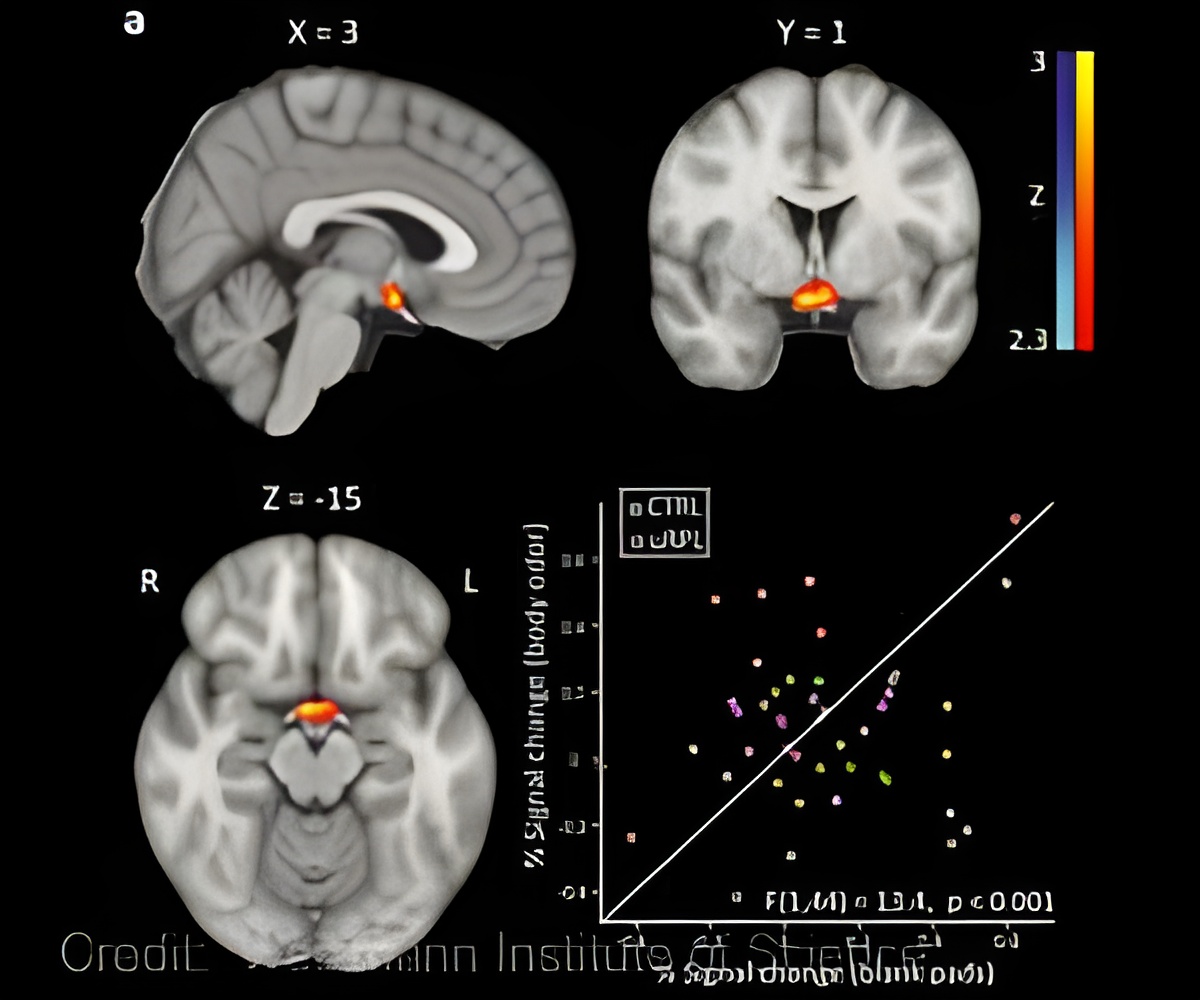Women who are affected by unexplained repeated pregnancy loss (uRPL) process men’s body odor in a different way when compared to other women.

‘Women with unexplained repeated pregnancy loss (uRPL) could be related to Bruce effect. They process messages related to men’s body odor in a different way than other women. This could open up possibilities into causes and prevention strategies for uRPL.’
Read More..




The researchers thought that some women with uRPL could be related to the Bruce effect. Bruce effect is named after the discoverer Hilda Bruce. Bruce effect suggests that when pregnant mice smell a male that did not father the pregnancy, they will almost always abort. Read More..
The researchers wanted to see if a similar effect also occurs in women.
Around 50% of all human conceptions and 15% of documented human pregnancies, end in spontaneous miscarriage. Due to ethical reasons, the researchers did not repeat the Bruce experiments in humans; however, they instead sought circumstantial evidence.
The female mice should remember the body-odor of the fathering male for the Bruce effect to occur.
To test the similar effects in humans, the researchers presented women who participated in the study with three odorants- one extracted from a t-shirt worn by their spouse, and two from t-shirts worn by non-spouse men.
Advertisement
Further testing suggested that women with uRPL are not just better at picking out the smell of their spouse; they may also experience men's body-odor differently altogether.
Advertisement
uRPL-affected women were unique in their description and grading of smells. Their answers were significantly different from the control women.
The researchers used both structural and functional brain imaging in the final phase of the research. Structural imaging revealed that uRPL-affected women have smaller olfactory bulbs. Olfactory bulbs are the initial brain-relay for the smell.
Functional imaging revealed an increased response to men's body-odors in the hypothalamus of uRPL-affected women. The hypothalamus plays a crucial role in the Bruce effect in mice, and it is a brain region that participates in coordinating pregnancy and overall hormonal regulation.
"It seems these losses of pregnancy may be 'unexplained' because physicians are looking for problems in the uterus when they should also be looking in the brain, and particularly the olfactory brain" says Weissgross.
Sobel cautions: "Correlation is not causation, so our findings do not prove in any way that the olfactory system, or body-odors, cause miscarriage. But our findings do point to a novel and potentially important direction for research in this poorly managed condition."
Source-Medindia















